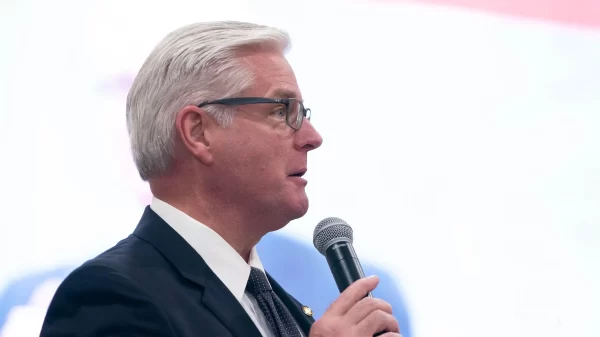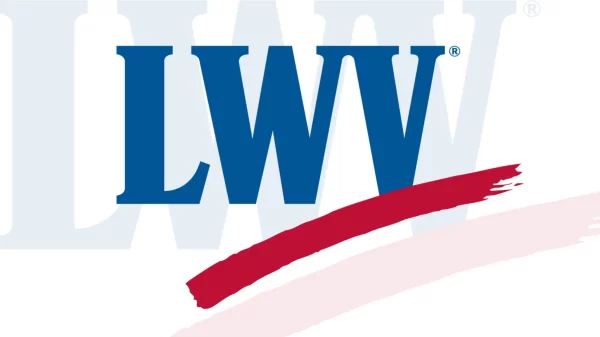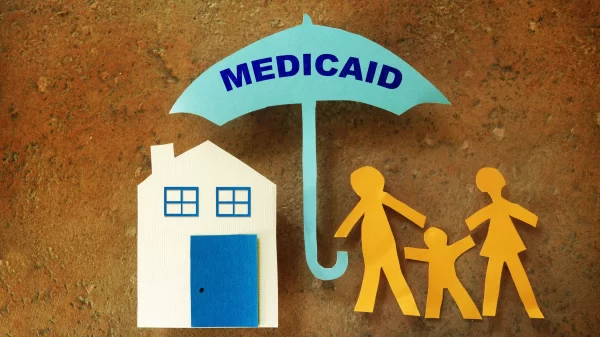Staff Report
MONTGOMERY – Senator Arthur Orr (R-Decatur) introduced legislation Wednesday that will provide protections for borrowers across the state through reforms in the payday loan industry.
“Alabama Appleseed is proud to support Sen. Orr’s bi-partisan bill (SB410) to reform Alabama’s payday lending operations. We believe this corrects the two biggest obstacles to fair credit in Alabama,” says Shay Farley, Legal Director.
Orr’s proposal, Senate Bill 410, will extend loan terms from their current bi-weekly model to a six month term, allowing the industry to continue to charge the interest rates necessary to keep their business profitable while also ensuring that borrowers are able to repay their loans in a reasonable amount of time.
According to a recent study, for every $1 of interest paid to a payday lender, local economies lose $1.94 in reduced household spending.
“Through common sense reforms, this legislation will help keep money in our local economies,” said Orr. “Across our state, local lawmakers have watched the commercial potential of whole neighborhoods disappear as a result of abuses in this industry.”
This legislation follows 18 local governments across the state passing local ordinances and moratoriums regulating payday lenders. These municipalities include: Athens, Birmingham, Center Point, Decatur, Eufaula, Fairhope, Gardendale, Helena, Homewood, Irondale, Midfield, Mobile, Montgomery, Northport, Orange Beach, Selma, Trussville and Tuscaloosa.
“Extending the loan terms is a responsible way to bring about much-needed reform in this industry,” said Senator Jerry Fielding (R-Sylacauga), who is cosponsoring the bill.
“When dealing with any industry, it’s important that we strike the right balance between protecting consumers and not interfering with free market principles,” said Senator Gerald Allen (R-Tuscaloosa), also a bill cosponsor. “That’s what this bill does – protects consumers while protecting the free market.”
Payday loans are often presented as short-term, emergency credit extended to those in need, but research has shown that the industry’s profit model is based on collecting repeated interest-only payments from consumers who are not paying down the loan’s principal.























































